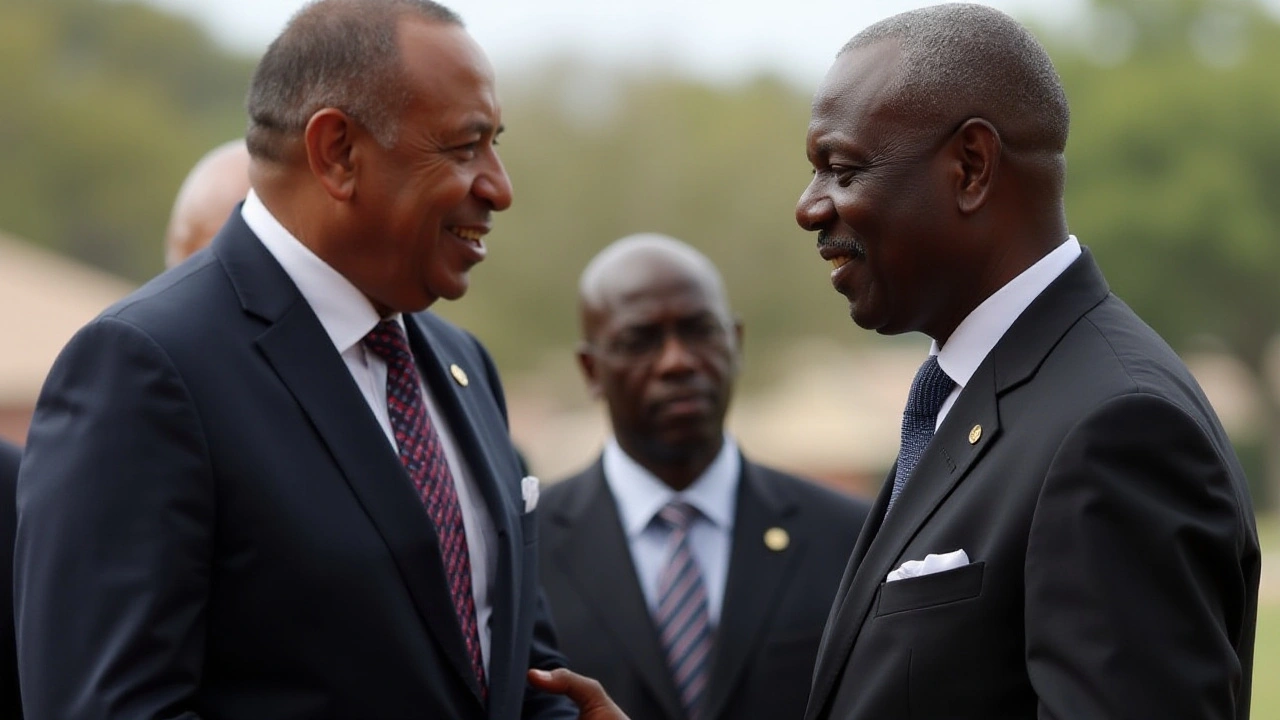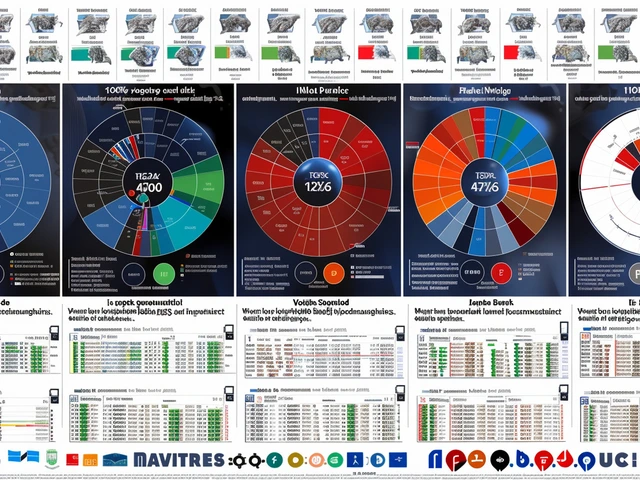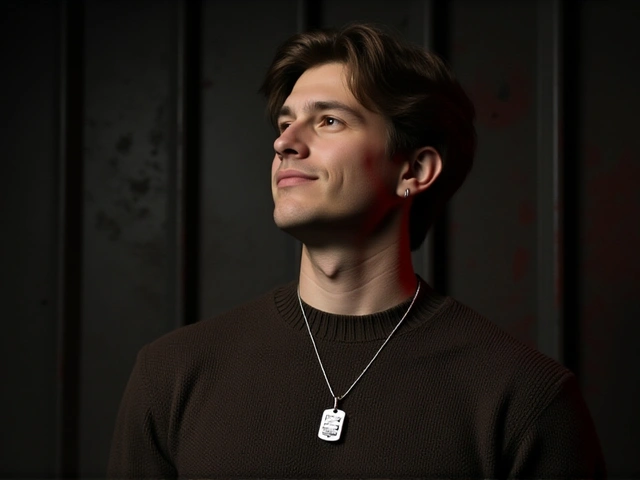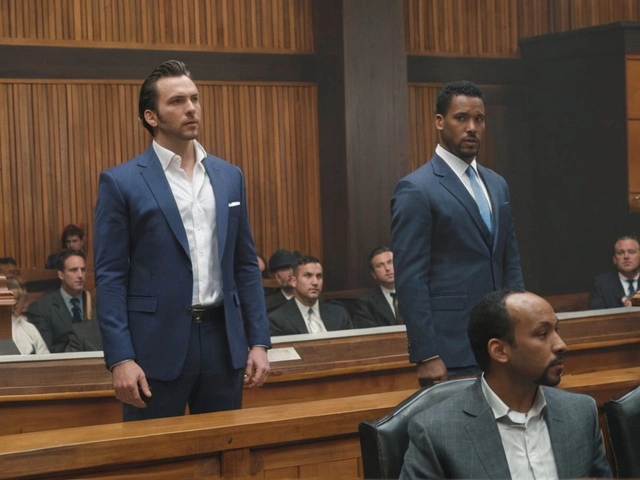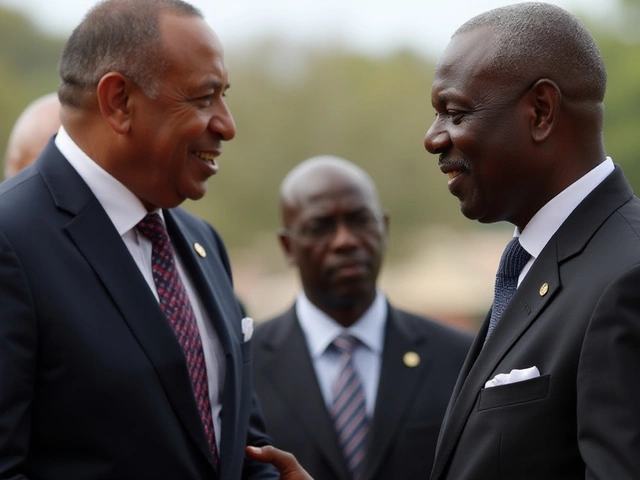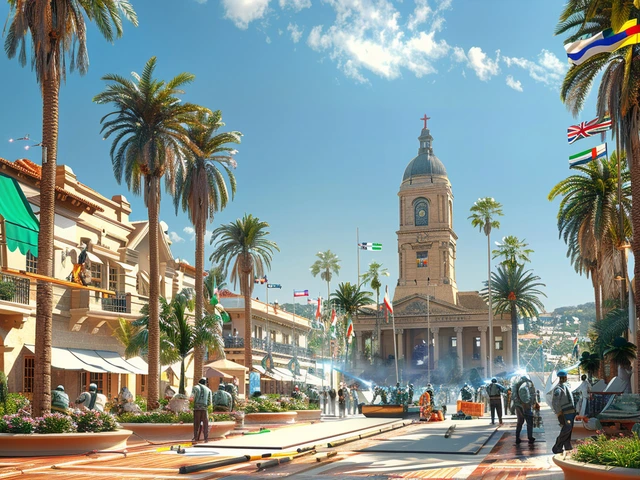Rwanda-South Africa Diplomatic Strain Over DRC Conflict
In a dramatic escalation of diplomatic tensions, Rwandan President Paul Kagame has issued a stark warning to South Africa, urging them to reconsider their military engagement in the Democratic Republic of Congo (DRC). This contentious stance arises amidst accusations from South African President Cyril Ramaphosa, who has implicated Rwanda in supporting the M23 rebel group. These rebels have been identified as the perpetrators behind the deaths of several South African soldiers in recent clashes in the eastern part of the DRC. Amidst these grave allegations, a complex web of geopolitical interests and historical tensions seems to be unraveling, putting both countries on a collision course.
The provocative statements from Kagame followed closely after President Ramaphosa's vehement words, which underscored that any further aggression towards South African troops would be taken as a literal declaration of war. Ramaphosa's sharp rhetoric signals the gravity with which South Africa views the current situation. However, Kagame swiftly countered these claims, contending that the Rwandan Defence Force is not an insurgent group, and criticized South Africa's current role, alleging that the nation is ill-suited to assume the role of peacemaker or mediator in this brutal conflict. Kagame further claimed that the South African casualties were not inflicted by the M23 rebels but by members of the Congolese army, further complicating the narrative of enemy and ally in this protracted conflict.
The Complex Web of DRC's Conflict
The current diplomatic rupture between Rwanda and South Africa is set against a backdrop of persistent unrest in eastern DRC, a region that remains painfully scarred by decades of conflict. The roots of the violent upheaval can be traced back, in part, to the tragic events of the 1994 Rwandan genocide, which displaced vast populations and stirred existing ethnic tensions across borders. The M23 rebels have seized significant swathes of territory, including the strategic city of Goma, which heightens regional anxiety and destabilization.
The role of South Africa in the DRC has been contentious from its inception. Since the late 1990s, Pretoria has maintained a level of military presence, justified by Pretoria as part of its commitment to peacekeeping missions under broader international mandates. However, Kagame's current accusations open a can of worms, calling into question the intentions and effectiveness of such interventions. The lack of sufficient airpower among South African forces has drawn criticism, impairing their capability to counter the rebels effectively and secure the region.
The Stakes for Regional Stability
Rwanda's geographical proximity to eastern DRC—a region perpetually embroiled in conflict—imbues it with strategic and ethical concerns. The border area remains not only a flashpoint but also a corridor for potential humanitarian crises. As the situation unravels, the integrity of the Southern African Development Community (SADC) might be tested during their forthcoming summit where pressing issues will undoubtedly center around this conflict escalation and the broader implications for regional stability.
Adding to the complexity is the burgeoning humanitarian crisis exacerbated by the instability. Thousands are displaced, finding themselves amidst a growing tide of refugees that stream into Rwanda and other neighboring states. Humanitarian groups warn of a severe crisis unless immediate international cooperation and dialogue avert further escalation. South Africa, a nation with its own myriad of challenges, now finds itself in a precarious position—balancing its role as a regional power with its rising tensions with Rwanda, all while being internally criticized for its tactical shortfalls.
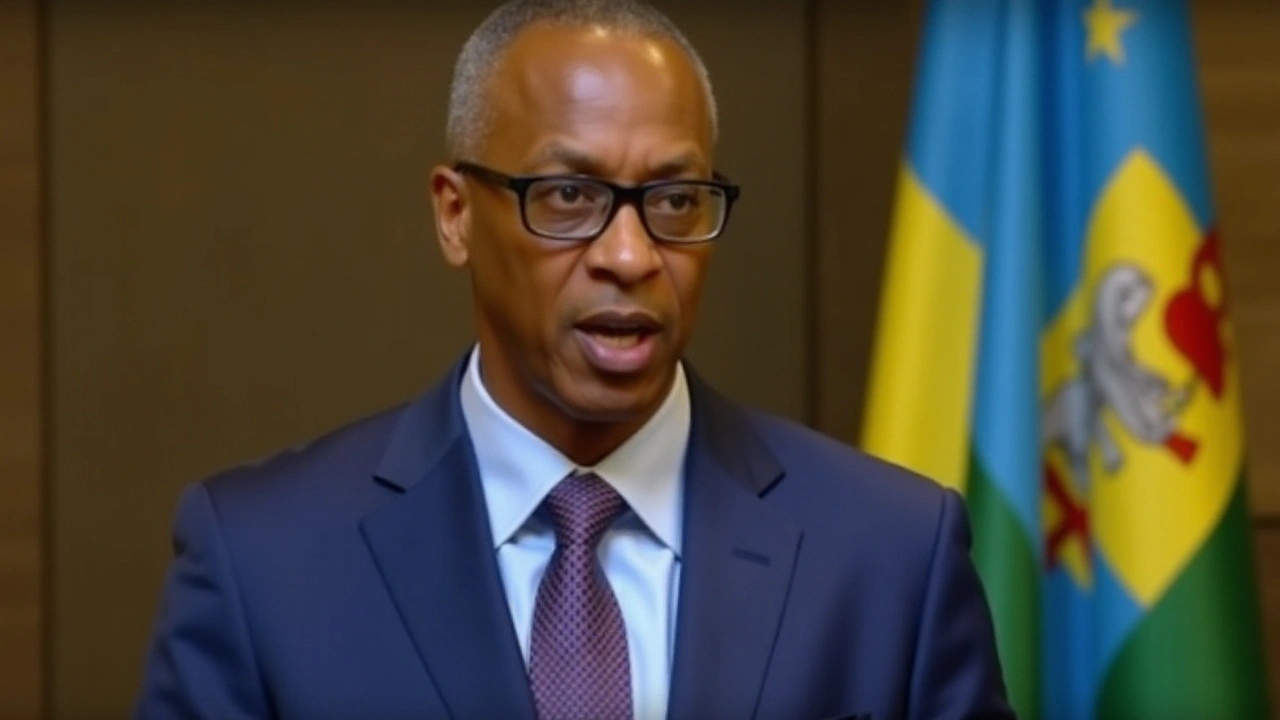
Future Prospects and the Role of International Mediators
The ongoing saga between Rwanda and South Africa highlights the urgent need for a recalibrated approach toward peace and conflict resolution in the DRC. The war-torn areas need sustained humanitarian assistance, medical aid, and crucial infrastructural rebuilding efforts, which can only be achieved in the absence of continued conflict. The path to peace rests not only in resolving immediate hostilities but also in addressing the deeper, systemic issues that fuel such conflicts.
While diplomatic channels remain vital, there is also a possibility that international mediators will need to step in, providing a neutral arbiter to facilitate dialogue between the combative neighbors. By leveraging multilateral platforms, such as the African Union and support from the United Nations, these dialogues can form the basis for more sustainable peacekeeping operations that align with local socio-political dynamics.
In the midst of military actions and political posturing, the voice and welfare of the local populations should remain at the forefront of any discourse or intervention strategy. With the stakes so high, and regional stability hanging in the balance, it is imperative that involved actors prioritize peace efforts over further polarization to move toward a resolution that heralds both hope and change for the beleaguered DRC and its people.

